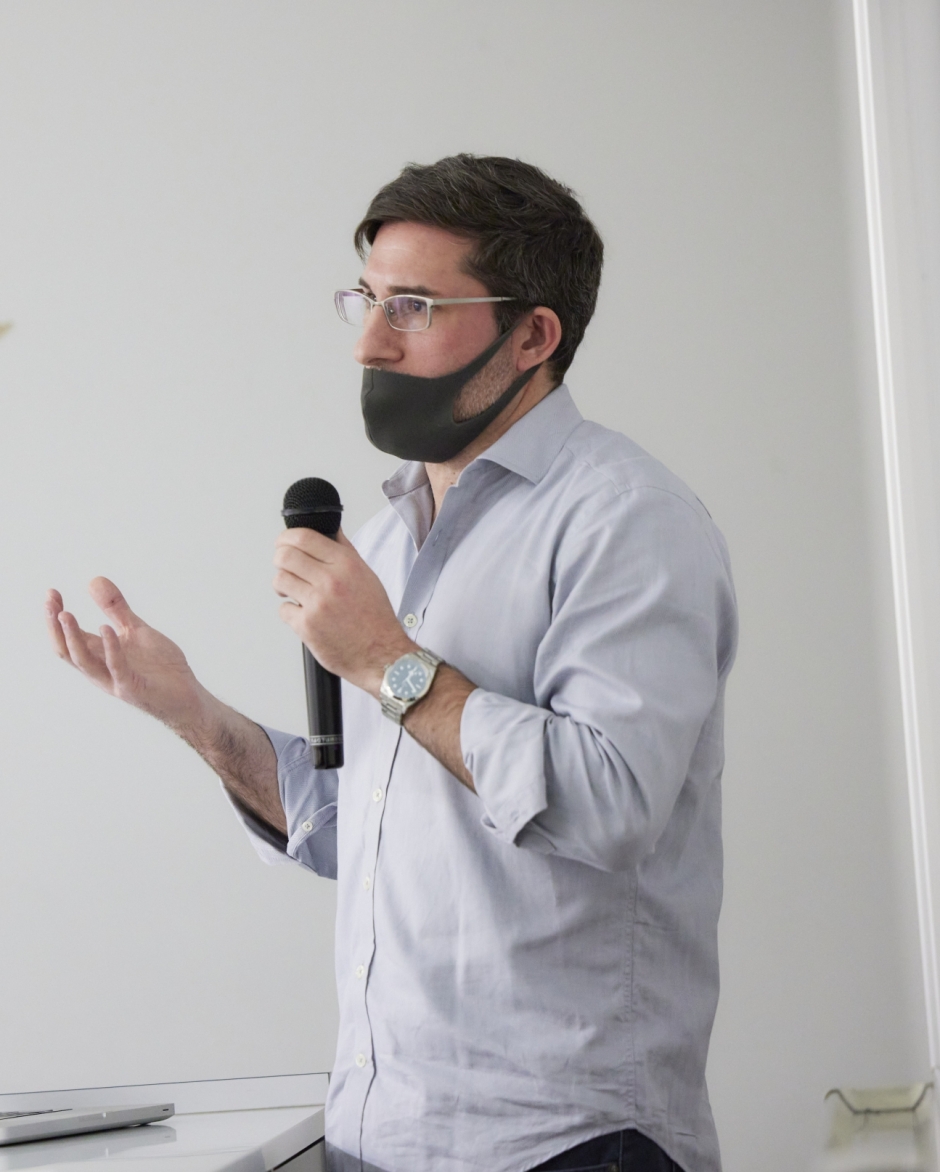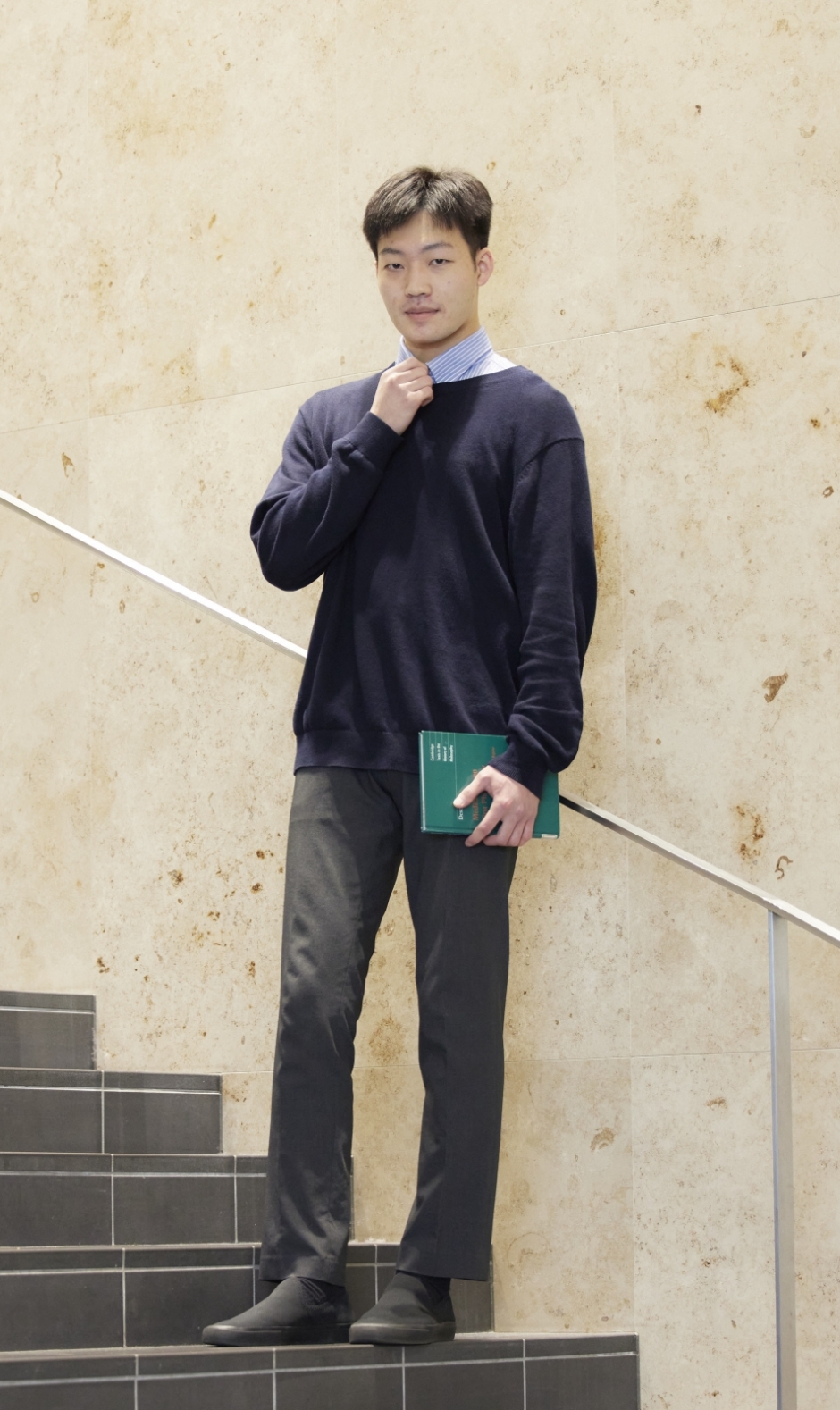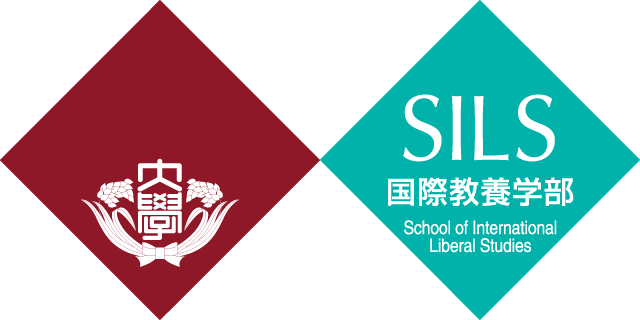- ニュース
- 授業紹介:History and Philosophy of Science
授業紹介:History and Philosophy of Science

- Posted
- Tue, 25 Apr 2023
 |
||||
|---|---|---|---|---|
シドリ ネイサン カミッロ
|
||||
What I Learned (and what Other Students can Learn) in this Course:
While most of the things taught before university are epistemic, namely, knowledge about particular areas of study, what students can gain from this course is rather epistemological—about how we gain knowledge. A simple example would be illuminative of this difference: we chiefly study particular natural sciences and political history in our high schools, but in this course, we also study how, for instance, knowledge of astronomy was and can be gained. Indeed, the epistemological is a piece of the epistemic; yet it offers another level of study, that is, how we come to know such and such. Now we may wonder, why is the epistemological important? As far as I know by taking this course, the answer would be this: the epistemological would endow us with a critical attitude towards everything we have accepted as true and upon which we have not reflected. Through the history of science, students are also introduced to the practice of such an attitude.
Particularly Interesting Topic:
The topic of scientific revolutions was riveting. Famously proposed by Thomas Kuhn, an American physicist and philosopher, scientific revolutions involve a radical change in dominant theories, just like what one can imagine with primarily political ones. The dominant bodies of the theories are called paradigms, and this concept is defined by several traits. Most notably, paradigms contain some worldviews, namely, sets of conscious and unconscious assumptions. During the reign of a certain paradigm, some anomalies are found; though some of them are ignored, anomalies accumulate and eventually cause a revolutionary period. Subsequently, the paradigm is shifted (i.e., a so-called paradigm shift takes place), and this is called a scientific revolution. Not to mention, since science is social, some influences from social factors (e.g., conflict with an authority) are not ignorable.
This topic is certainly epistemological; it offers an examination of how so-called “knowledge” can turn into a wrong belief. However, given such a possibility, we may further wonder what it means to be true in our belief; criteria for truth must also be sought, apart from how we come to know such and such. In this manner, students can have various occasions in which they develop their philosophical questions during the course.
How this Course Influenced my Academic Orientation:
Shortly put, this course has introduced me to a way in which we can philosophize and has provided me with knowledge about the history of science. To philosophize, in our ordinary conversation, is usually taken as a kind of instant action, focusing ahistorically on a certain topic. It is indeed a way of philosophizing but lacks a broad view via which we may learn how some relevant theories have failed/succeeded; otherwise put, this relatively instant philosophizing does not suffice for complete philosophical activity. A historical way of philosophizing is no less complimentary than the ahistorical one to philosophy. From this course, I have learned an instance of it. It has prompted my philosophical inquiry in a historical way, which I believe has fostered my ability to philosophize in other disciplines as well.
 |
This article is written by…
深尾 紘平
|
||||
※この記事は2023年3月時点のものです。
※この科目は毎学期開講されない場合があります。

